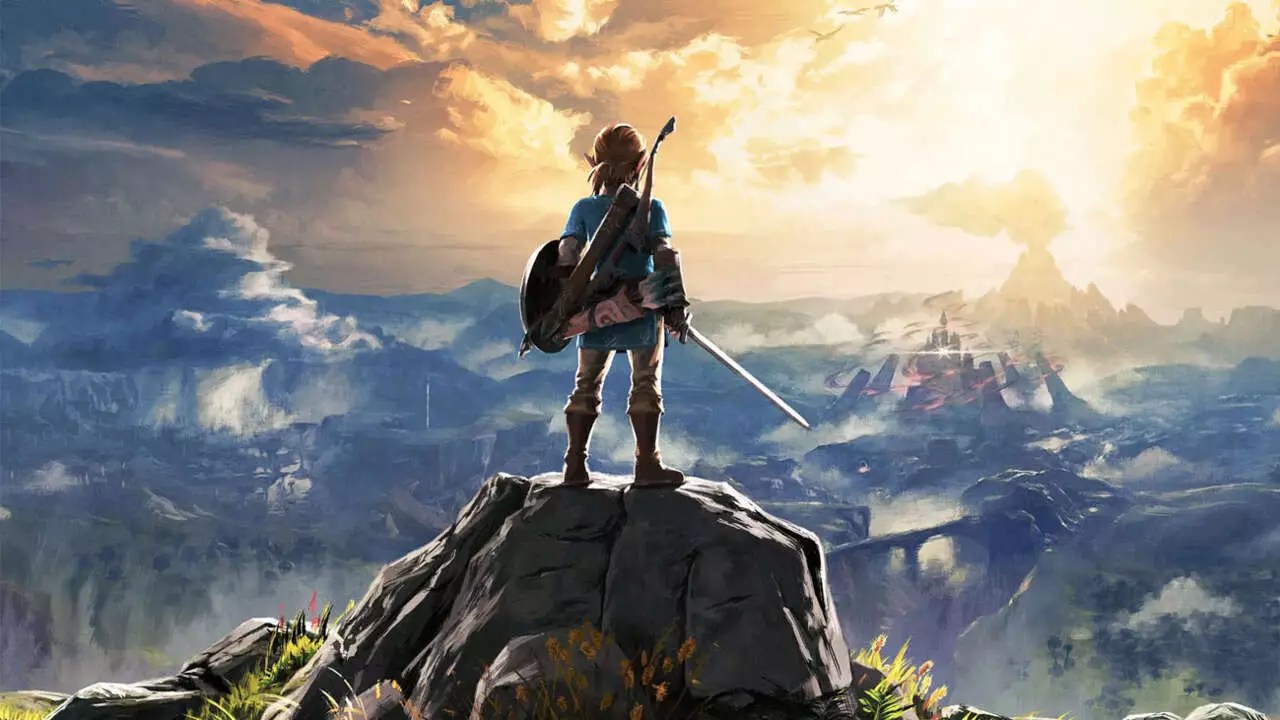In a world where fan creations thrive and communities rally around beloved franchises, Chris Carpenter’s recent attempt to create a fan film based on the iconic Legend of Zelda series showcased the fervor of creativity among fans. Launching a Kickstarter campaign, Carpenter aimed to garner support for his vision of “Lost in Hyrule,” a narrative that sought to explore the untold adventures of Link after the events of “Ocarina of Time” and “Majora’s Mask.” Garnering around $24,000, the campaign showcased an enthusiastic response from the fanbase, but it also revealed a crucial tension between fan creativity and corporate interests.
The Suspension of Dreams
However, the excitement was short-lived, as Nintendo, the company behind the legendary franchise, intervened, leading to the suspension of the Kickstarter campaign. Dio Traverso, one of the producers, confirmed on the crowdfunding platform that the project would no longer proceed, and no funds would be collected from eager supporters. Nintendo’s history of litigiousness raises concerns among creators and fans alike, highlighting the precarious balance that exists when fan projects intersect with established intellectual property. This incident serves as an unsettling reminder of how corporate entities can overshadow the passionate efforts of creative individuals.
One of the striking aspects of this situation is the potential chilling effect it could have on future fan projects within the gaming community. Carpenter had envisioned stepping into Link’s tunic, alongside Avi Lake as Princess Zelda, to portray a story that enriched the Zelda universe. Yet, the abrupt halt to these aspirations illustrates a significant hurdle for creators who wish to express their love for established narratives. The legal landscape surrounding intellectual property often leaves fans wary of pursuing their creative pursuits, fearing potential backlash from the corporations they admire.
Nintendo’s Reputation and the Filmmaking Landscape
The issue at hand also reflects broader trends within the entertainment landscape, where legal rights reign supreme over artistic expression. Nintendo’s aggressive protection of its intellectual property has been consistent, illustrated by its decision to take action against even seemingly innocuous uses of its brand—such as a grocery store named Super Mario in Costa Rica. While many laud Nintendo for its high-quality games, this litigious reputation dissuades aspiring creators from embarking on similar paths. The sudden termination of Carpenter’s film serves as a stark warning to those contemplating a venture into fan filmmaking.
While the story of “Lost in Hyrule” may have ended before its beginning, it opens up a critical dialogue about the nature of fandom and creativity in a landscape dominated by corporate interests. Aspiring filmmakers and creators within the gaming community must navigate these treacherous waters cautiously, balancing their passions with an awareness of the potential repercussions. The cancellation of Carpenter’s film may be seen as a loss for fans of Zelda, but it also serves as a vital lesson on the power dynamics at play in the creative industries, inspiring discussions about how to advocate for fan content in an era fraught with challenges.


Leave a Reply